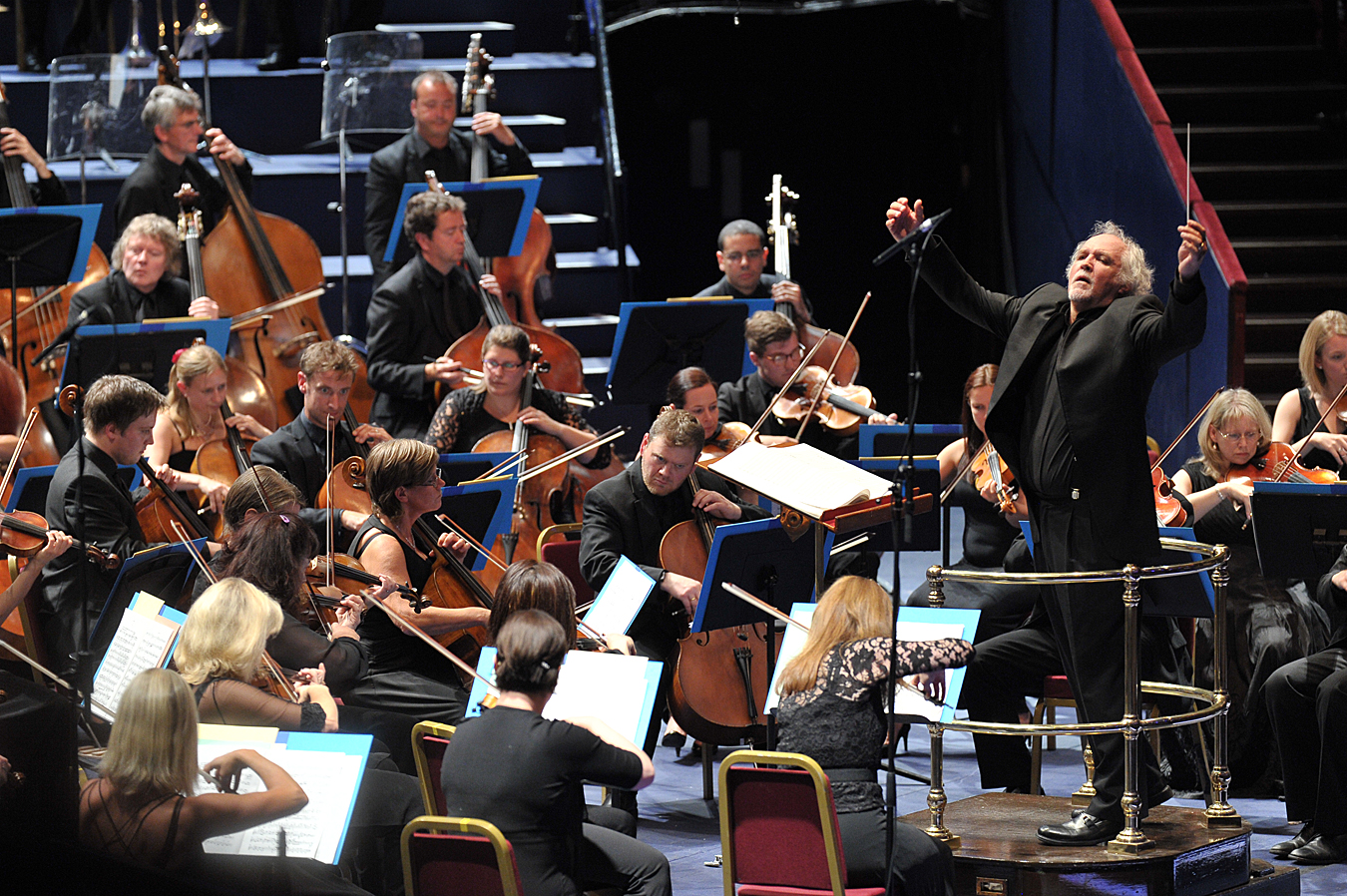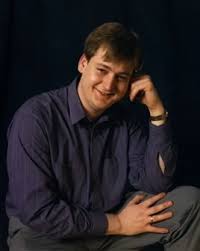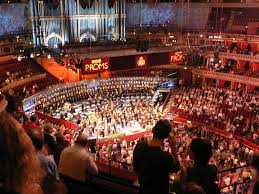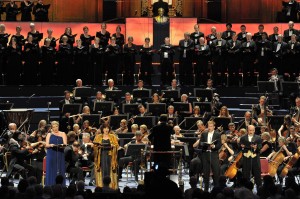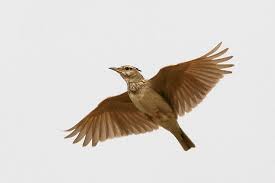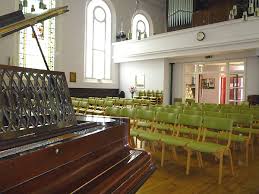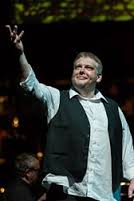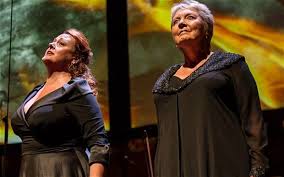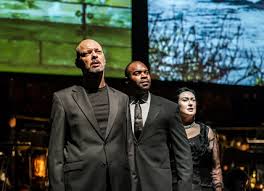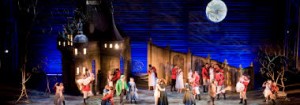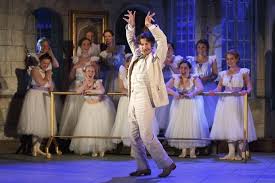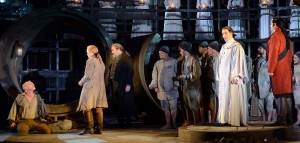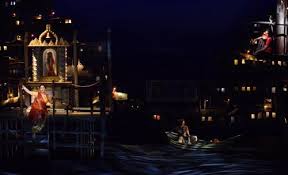Monday 4 August 2014
It is difficult for us today to realise that Vaughan Williams’ Fantasia on a theme of Thomas Tallis was found as confusingly modernist as its contemporary masterpiece, Mahler’s 9th Symphony. Bringing the two works together for a Prom without an interval was a challenging but highly successful piece of programme planning.
Donald Runnicles’ approach to both works was deceptively subtle. The Vaughan Williams had great clarity and distance, but retained a coolness throughout, resisting any gush of romanticism. The separate placement of the ensemble above the rest of the orchestra, and the clarity of the quartet within it, both ensured that we were constantly aware of the dynamic tensions the composer creates. It was a fitting preparation for the Mahler.
Donald Runnicles’ created a seamless inevitability in the opening movement, not so much pessimistic as fated – at times almost heroic – with a lovingly spun out final section. The Landler was slower than usual and somehow more refined. No smell of the countryside and cow-pats, though the waltz section had a diabolic edge to it. There was fire in the third movement but no raw edges which can galvanise this score in other hands. It was not until the last movement that we could fully realise the way he was shaping the whole. The glowing, almost lush, string unfolding of the finale was breath-taking, bringing a quite but positive sense of hope to the whole. The final bars, combining resignation and yearning, were as beautiful as one could imagine. If the audience had been rather noisy at the start – the coughing around me nearly drowned out the opening bars – they were far more attentive by the end.

